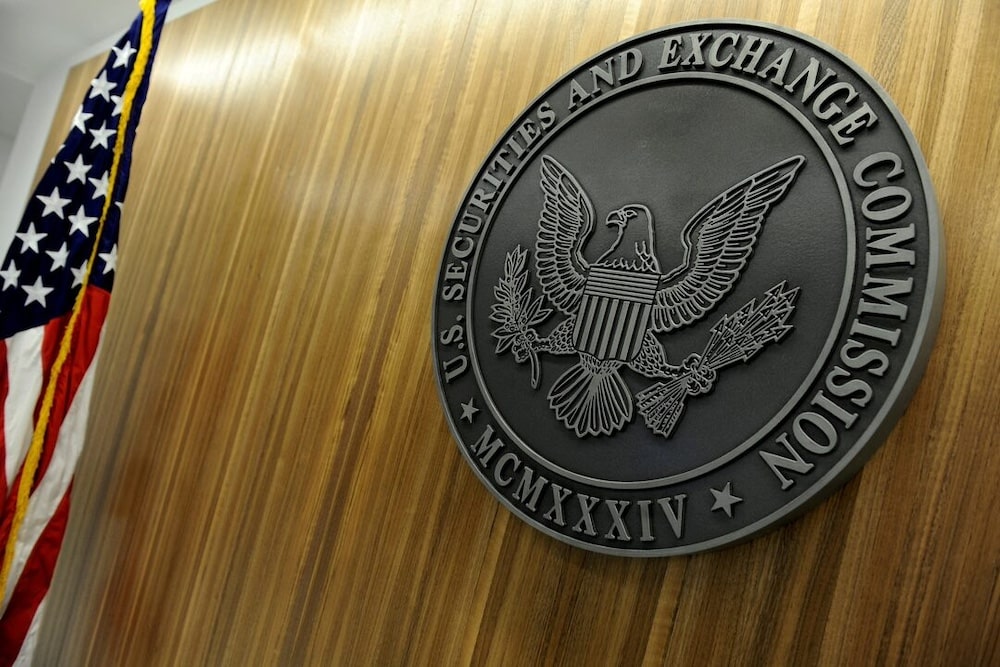Galois Capital misled some investors by claiming that redemptions required at least five business days’ notice before the end of the month.
The United States Securities and Exchange Commission (SEC) has charged and subsequently reached a settlement with Galois Capital, a crypto-focused investment advisory firm, regarding issues involving its handling of client assets.
According to a statement from the SEC on Tuesday, Galois Capital failed to curtail investors’ losses.
“By failing to comply with Custody Rule provisions, Galois Capital exposed investors to risks that fund assets, including crypto assets, could be lost, misused, or misappropriated,” said Corey Schuster, Co-Chief of the SEC Enforcement Division’s Asset Management Unit.
Galois Pays $225,000 Civil Penalty
The Commission also noted that Galois provided misleading information regarding the notice period required for redemptions to fund investors. To resolve the SEC’s charges, Galois has agreed to pay a $225,000 civil penalty, which will be allocated to compensate the affected investors in its fund.
“We will continue to hold accountable advisers who violate their core investor protection obligations,” Schuster said.
The SEC order concluded that Galois Capital violated the Investment Advisers Act. Although Galois Capital did not admit or deny the SEC’s findings, it agreed to an order that required it to stop further violations of the Advisers Act, be censured, and pay a civil penalty.
Galois Capital’s Financial Troubles
In July 2022, the SEC disclosed that Galois Capital did not ensure that some of the crypto assets held by the private fund it advised were kept with a qualified custodian, which violated the Custody Rule of the Investment Advisers Act.
The order noted that Galois Capital kept some crypto assets in online trading accounts on platforms like FTX Trading Ltd., which were not qualified custodians. Around half of the fund’s assets under management were lost during FTX’s collapse from early to mid-November 2022.
The report also revealed that Galois Capital misled some investors by claiming that redemptions required at least five business days’ notice before the end of the month while permitting other investors to redeem with shorter notice periods.
In addition, Annie Hancock and Rory Alex conducted the investigation, supervised by Colin Forbes, Brent Wilner, Mr. Schuster, and Andrew Dean, all of the Division of Enforcement’s Asset Management Unit.
Find Cryptocurrencies to Watch and Read Crypto News on the Go Follow CryptosToWatch on X (Twitter) Now

